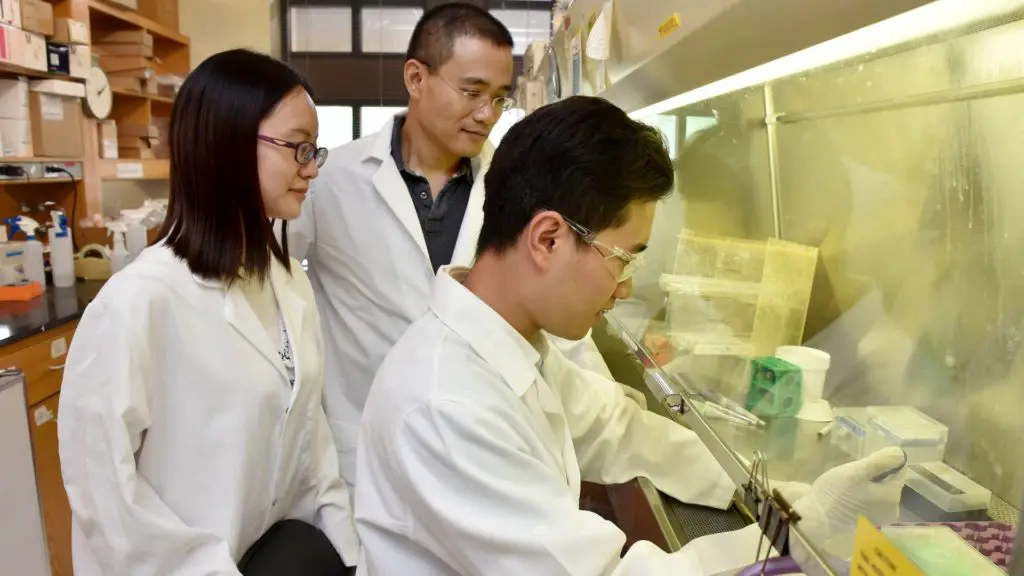Compared to faculty, senior graduate students and postdocs play an important role in the academic growth of doctoral students, a new study by Utah State University researchers found.
Led by David Feldon, professor of Instructional Technology and Learning Sciences at university, the study found improvement in research skills of doctoral students, when mentored by near-peers in their labs.
Published in the Proceedings of the National Academy of Sciences of the United States of America, the study evaluated the scholarly skills of over 300 doctoral students in the biological sciences. The yearly evaluations showed a decline in the score of doctoral students who were not mentored by senior graduate students and postdocs.
However, those students who actively participated in lab discussions with near peers reported five times academic improvement between the third and fourth years of their program.
“These findings support a model of “cascading mentorship,” in which faculty invest the most effort in mentoring postdoctoral researchers, who then mentor graduate students, who in turn mentor undergraduates working in the lab,” the release from the university read.
The study general quite a buzz among the research community. It received more attention than 98 percent of other articles recently published by Proceedings of the National Academy of Sciences of the United States of America.
As a result of the study, Feldon anticipates the implementation of evidence-based practices for graduate education.

